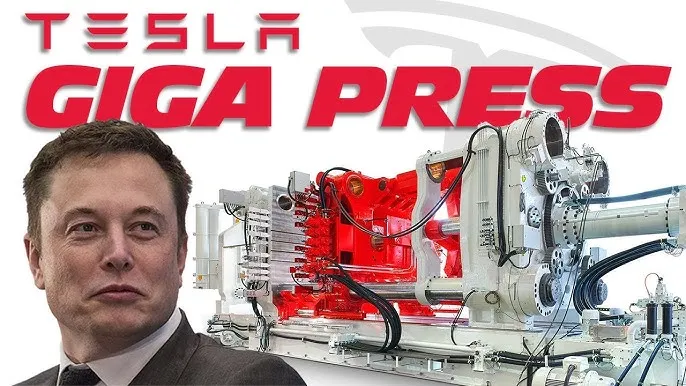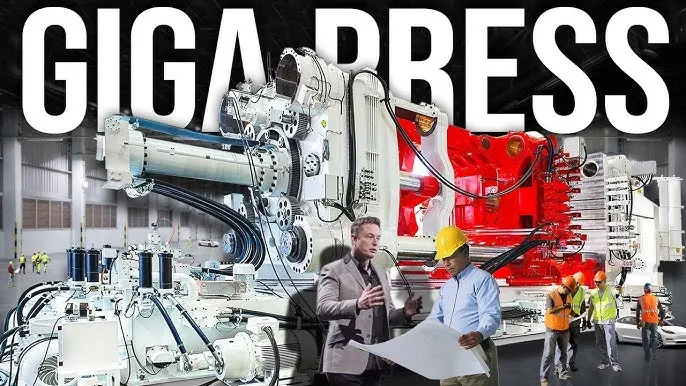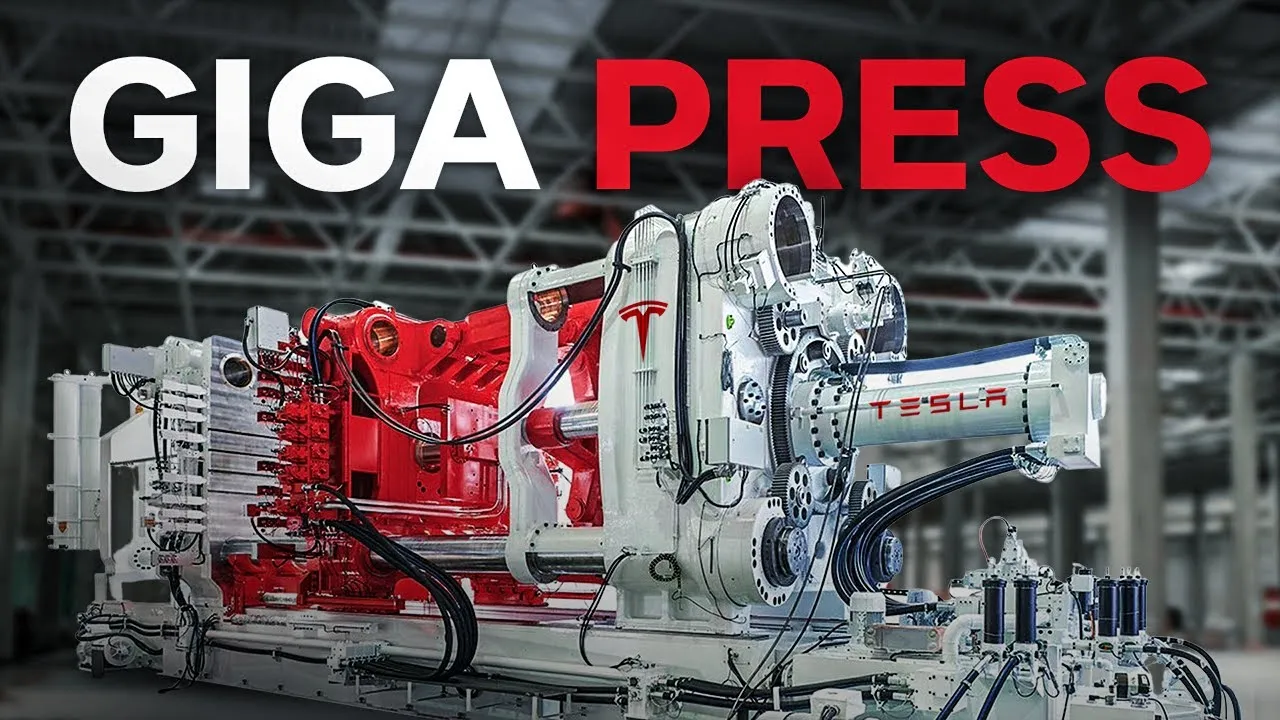In a bold statement that has sent shockwaves through the automotive world, the CEO of Toyota has revealed plans for a groundbreaking new engine technology that could change the future of transportation as we know it. According to the CEO, this revolutionary engine has the potential to “destroy the entire EV industry,” making electric vehicles (EVs) and the technology behind them, including Elon Musk’s innovations, obsolete.

Toyota has long been a leader in the automotive industry, with a history of groundbreaking engineering. Known for its early adoption of hybrid technology with the Prius, the company has now shifted its focus to a new engine that it claims will outperform current EV technology in terms of efficiency, power, and environmental impact. While the details of the new engine remain scarce, Toyota’s CEO has emphasized that it is based on a completely new approach that could render traditional electric motors and batteries obsolete.
The CEO pointed to several key advantages of the new engine. Firstly, it is said to be significantly more energy-efficient than current EV engines, which rely on large batteries that need to be recharged regularly. Toyota’s engine, in contrast, is expected to have a far greater range, with fewer environmental impacts. It also promises to be more affordable to manufacture, potentially lowering the cost of ownership for consumers and making it more accessible to a wider market.

Elon Musk’s electric vehicles, particularly those from Tesla, have dominated the EV market for years, with Musk at the forefront of electric car innovation. However, Toyota’s new engine challenges the idea that electric motors are the only viable solution for a sustainable future. According to Toyota’s CEO, the massive reliance on lithium-ion batteries in EVs has led to significant environmental issues, such as the mining of lithium and the challenges associated with recycling these batteries.
Toyota’s engine, the CEO suggests, could avoid these issues while providing even better performance. It is speculated that the new engine could incorporate elements of hydrogen fuel cell technology or even a next-generation combustion engine that dramatically reduces carbon emissions. Although the specifics are yet to be revealed, the company’s bold claims have certainly caught the attention of industry experts and consumers alike.

The announcement has sparked debate within the automotive community, with some experts questioning whether Toyota’s new technology is truly viable. While there are certainly challenges to overcome in terms of scaling production and ensuring that the engine performs as promised, Toyota’s track record of successful innovations makes this claim one to watch closely.
The implications of this new engine could be far-reaching. If Toyota’s engine lives up to its promises, it could fundamentally alter the future of transportation, potentially replacing not only traditional internal combustion engines but also making the need for electric vehicles less essential. The auto industry, already undergoing a rapid transformation, could see another major shift, with Toyota once again leading the charge in reshaping the market.
As for Tesla and Elon Musk, the pressure is now on to respond to Toyota’s bold claims. The EV industry has long been dominated by Musk’s innovations, but with Toyota’s new engine on the horizon, the future of electric mobility could look very different. Only time will tell whether this new technology will live up to its hype and how it will change the competitive landscape of the automotive industry.